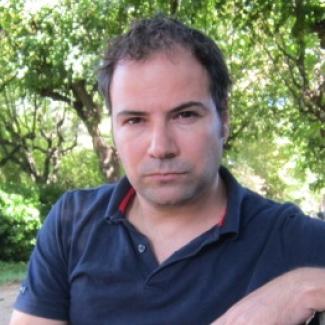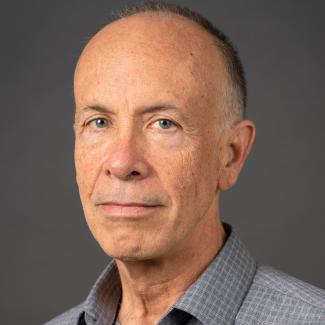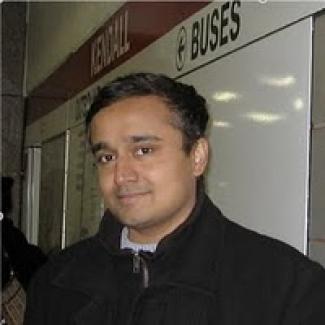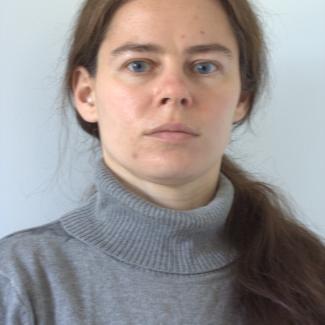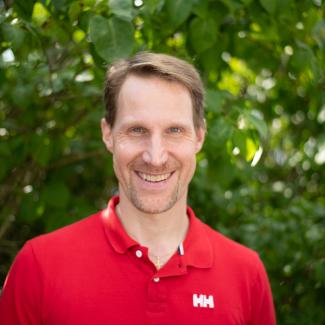
About
In an age of ubiquitous computing, computational complexity theory is the science that studies what problems can be efficiently solved by computation. Since the founding work of the 1970s, an influential line of research has zoomed in on NP-complete problems, with the satisfiability problem for Boolean logic formulas (SAT) at its head, which turned out to be exactly the right notion to capture literally thousands of important applied problems in different fields. Based on the assumption of the hardness of NP, whose validity is one of the famous Millennium Prize Problems, a rich mathematical theory has been developed for establishing conditional results that state that all these problems are infeasible to solve, in the worst case.
The trouble is that real problems are not worst-case. The last two decades have seen the development of exceedingly efficient algorithms for many of these problems, perhaps most impressively in the form of so-called SAT solvers for logic formulas. Traditional complexity analysis claiming exponential lower bounds is arguably not very relevant in this setting, but this also means that we lack tools to understand how these algorithms can perform so well and why they sometimes spectacularly fail.
This program will bring together leading theoreticians and practitioners that work on SAT and its generalizations, and approach it from all possible angles: complexity theory, logic, computational algebra, optimization, SAT solving, constraint programming, random instances, SAT modulo theories (SMT), etc. The goal is to develop a better mathematical understanding of real-world efficient computation, and to work towards further algorithmic progress on problems that are currently beyond reach. So far, theoretical and applied research in these areas has developed mostly separately, but several joint workshops in recent years showed that the communities are eager for more interaction. This program is hence an opportunity for a longer-term collaboration and exchange of ideas between theoreticians and practitioners, that has potential for significant long-term impact in mathematics, computer science, and industry. This semester program could provide a decisive contribution in building a joint community of researchers working on constructing efficient algorithms and analyzing the computational complexity of applied problems.



